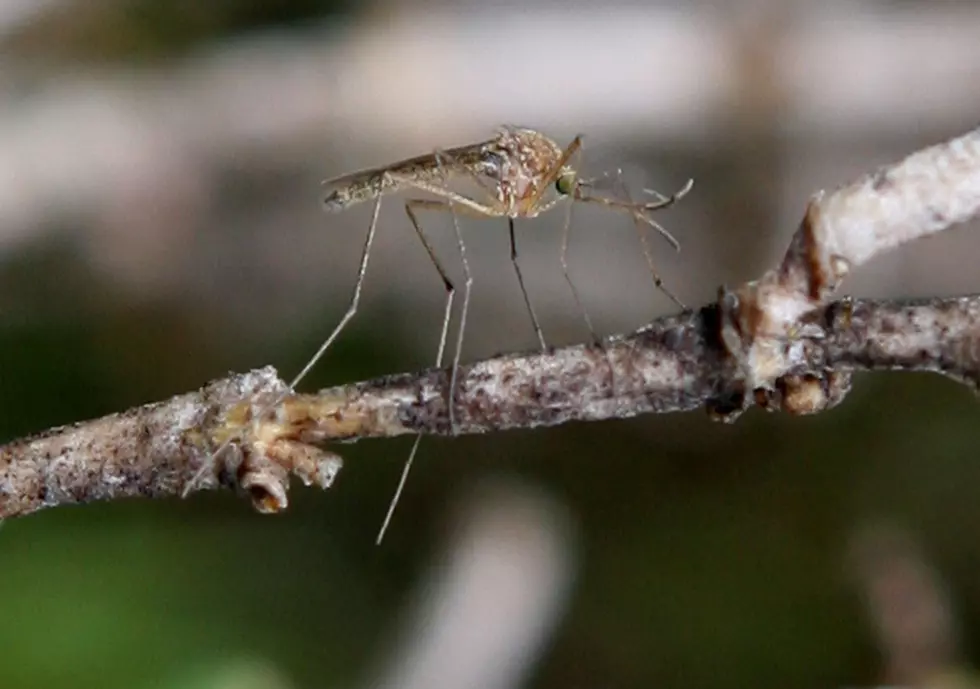Mosquitos Test Positive for West Nile Virus in Twin Falls County
A press release issued by South Central Public Health District confirms that mosquitoes in Twin Falls have tested positive for West Nile.
Detection of the virus in mosquitoes should serve as a reminder to take precautions to avoid mosquitoes and eliminate habitat.
(SCPHD) Twin Falls County Pest Abatement District confirmed that mosquitoes tested positive for West Nile Virus.
Traps were set in near Twin Falls by the Snake River Monday, August 1st and retrieved Tuesday, August 2nd. Testing was done locally. Thus far 100 mosquito pools have been tested and trapped in over 140 locations this summer. Further surveillance and treatment of the area is already underway. Detection of the virus in mosquitoes should serve as a reminder to take precautions to avoid mosquitoes and eliminate habitat.
Symptoms of West Nile infection include fever, headaches, body aches, fatigue, nausea, vomiting, and sometimes swollen lymph glands or a skin rash.
Symptoms of West Nile infection include fever, headaches, body aches, fatigue, nausea, vomiting, and sometimes swollen lymph glands or a skin rash. More severe infections are marked by a rapid onset of a high fever, including headache, body aches, disorientation, neck stiffness, and tremors. Symptoms typically occur 2 to 14 days after the bite of an infected mosquito.
The more you're outdoors, the higher the risk of being bitten by an infected mosquito. Precautions include:
- Use insect repellent containing an EPA-registered active ingredient, such as DEET. Parents are advised not to apply repellent that contains more than 10 percent DEET on their children.
- Wear long sleeves, pants, and loose-fitting clothing at dawn and dusk when mosquitoes are most active and feeding. If possible, consider staying indoors during these hours.
- Make sure you have good screens on your windows and doors to keep mosquitoes out.
- Get rid of mosquito breeding sites by draining standing water from flower pots, buckets, and barrels. Change the water in pet dishes and replace the water in bird baths and feeding troughs, at least twice a week.
For more information on West Nile, visit SCPHD's website: www.phd5.idaho.gov
or visit the Centers for Disease Control and Prevention (CDC) at www.cdc.gov/westnile.
More From News Radio 1310 KLIX









